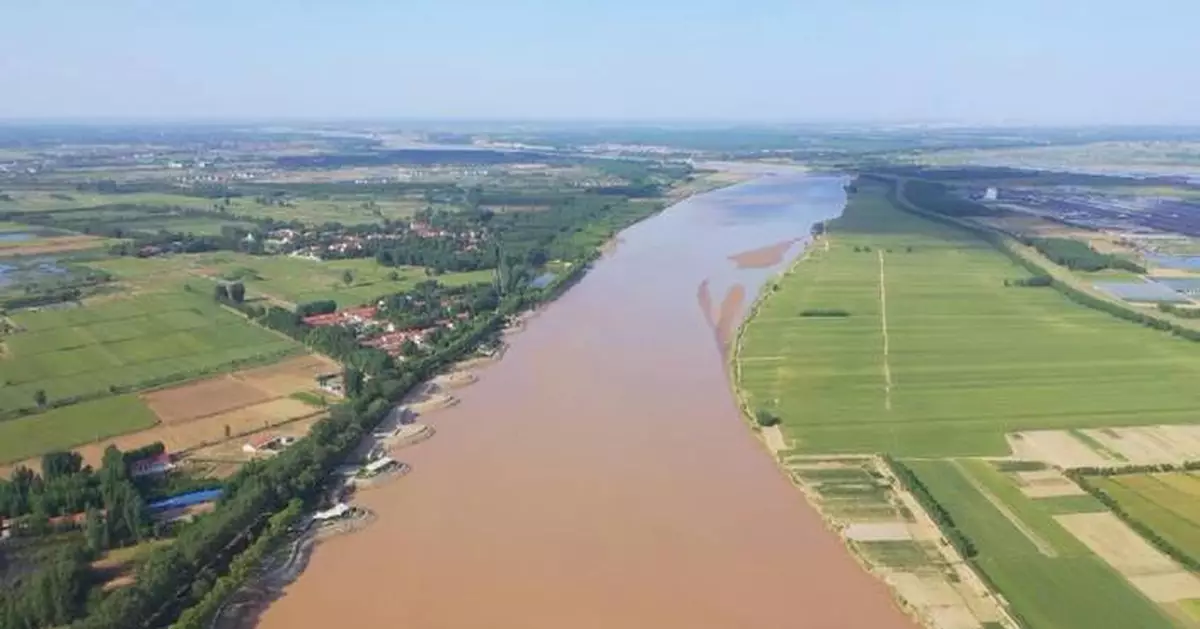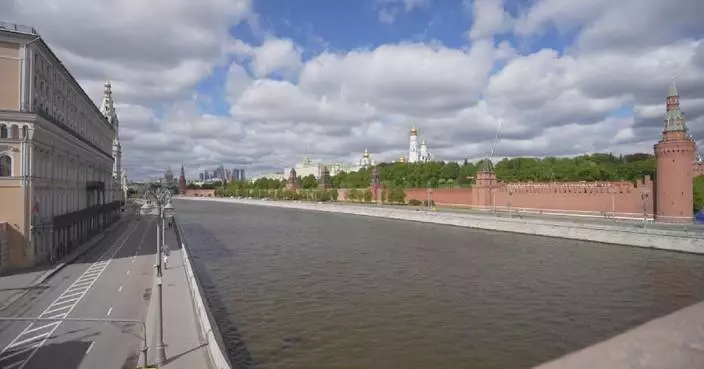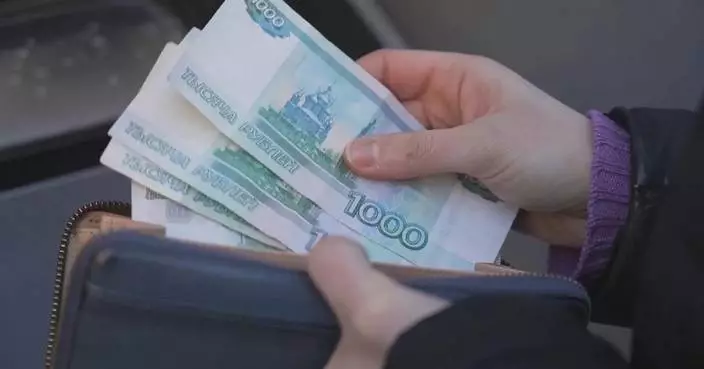China has made significant strides in ecological conservation in recent years, restoring over 100 million mu (about 6.7 million hectares) of degraded ecosystems including mountains, forests, farmlands, lakes and deserts.
With August 15 marking National Ecology Day, the country has initiated over 52 ecosystem protection and restoration projects, according to data from the Ministry of Natural Resources. This monumental effort underscores the country's dedication to combating climate change and enhancing biodiversity.
As eco-environmental conservation red lines (ECRLs) are the lifeline of environmental preservation, China has brought exceedingly fragile areas, and areas of potentially vital environmental value within the scope of the ECRL framework.
Through drawing ECRLs and drafting ecological protection and restoration plans, the country has consolidated an overall eco-environmental conservation configuration composed of Three Eco-zones and Four Shelterbelts - the Qinghai-Tibet Plateau Eco-zone, the Yellow River Eco-zone (including the Loess Plateau Ecological Barrier), the Yangtze River Eco-zone (including the Sichuan-Yunnan Ecological Barrier), and the Northeast, North, South, and Coastal Shelterbelts.
With the development of the national system of ecological security and the launch of major projects to restore key ecosystems, China's Shan-Shui Initiative comprising dozens of large-scale initiatives to restore ecosystems was honored as part of the UN's first batch of 10 World Restoration Flagships.
"Since 2016, China has witnessed notable progress in ecological conservation by restoring over 100 million mu of major ecosystems, 4.8 million mu of abandoned mining areas, nearly 1,680 kilometers of coastline and over 750,000 mu of coastal wetlands. The country's mangrove forests have expanded to about 450,000 mu," said Lu Lihua, deputy director of the Department of Territorial and Spatial Ecological Restoration with the Ministry of Natural Resources.
For the next steps, the ministry will step up efforts to further improve the integrated conservation and systematic management of mountains, rivers, forests, farmlands, lakes, grasslands and deserts.
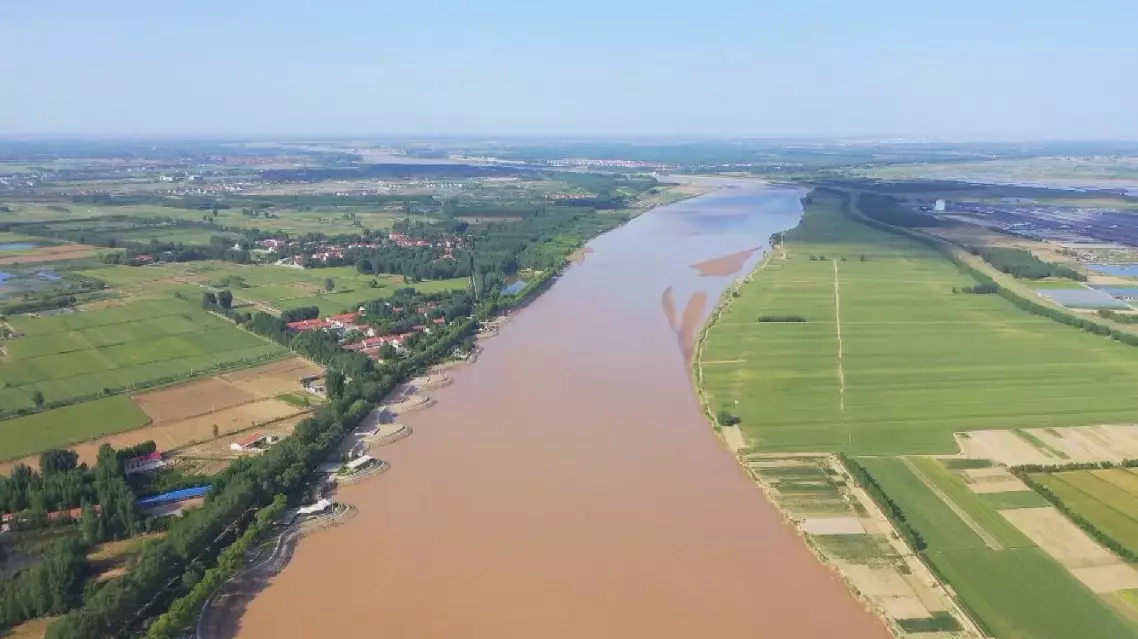
China makes headway in ecological restoration, reviving over 6.7 mln hectares of nature
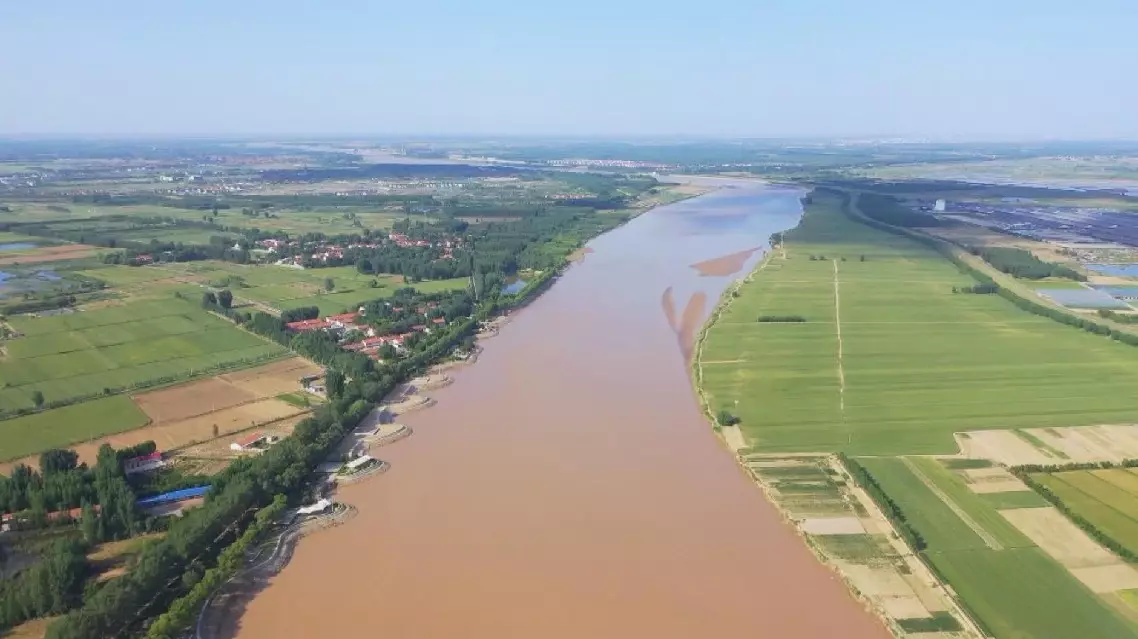
China makes headway in ecological restoration, reviving over 6.7 mln hectares of nature
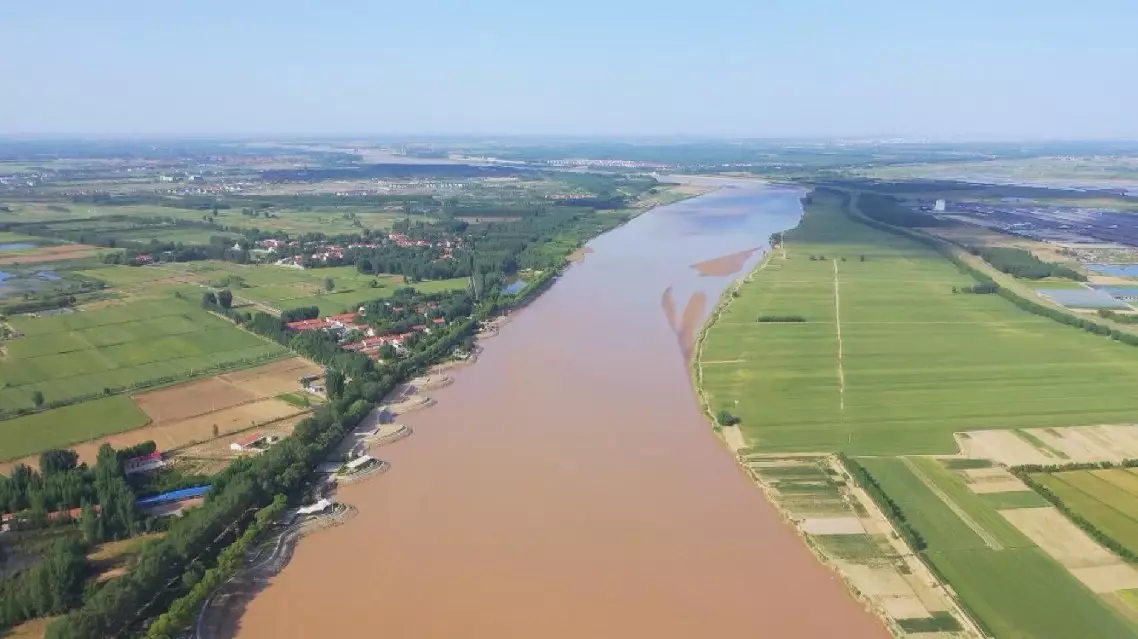
China makes headway in ecological restoration, reviving over 6.7 mln hectares of nature
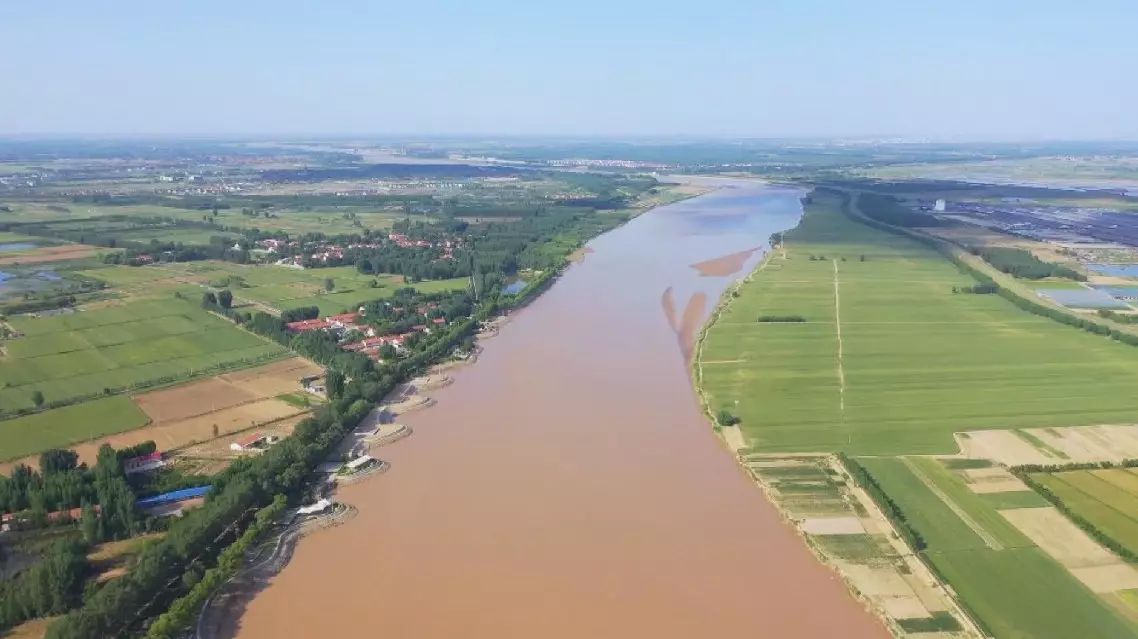
China makes headway in ecological restoration, reviving over 6.7 mln hectares of nature
Many Chinese logistics companies are ramping up their shipments for the U.S. market following the latest round of mutual tariff adjustments between China and the United States.
China and the United States announced in Geneva on Monday a series of tariff modification measures aimed at easing trade tensions between the world's two largest economies.
The decision followed a two-day China-U.S. high-level meeting on economic and trade affairs, where both sides recognized the importance of their bilateral economic and trade relationship to both countries and the global economy, a joint statement said, noting that both sides emphasized the need for a sustainable, long-term and mutually beneficial economic and trade relationship.
The latest measures have driven up the businesses of shipping companies in Shenzhen City, in south China's Guangdong Province.
In a freight forwarding company in Shenzhen, the manager said that U.S. clients are experiencing shortages of supplies and are pressuring them to expedite shipments on the next available vessels. The staff members are busy organizing export release documents, with stacks of paperwork for shipments to ports in Los Angeles, New York, and Chicago.
"Since the afternoon of May 12, our shipment volume has increased by 40 percent. By June, it should at least be doubled compared to now," said Fu Shengying, deputy general manager of Guangdong Branch of WorldEx Group.
Fuwei Community in Bao'an District, Shenzhen, is an important hub for cross-border e-commerce logistics. Recent data shows that the average daily export shipment volume here has increased by 14 percent over the past three days compared to May 11.
In another logistics company specializing in cross-border e-commerce, orders from U.S. clients have also surged. According to the company, these clients are facing low inventory and need to restock immediately. Over the past few days, the company has received more orders than during the same period in the previous years.
The company manager noted that the surge in order volume has led to increased demand for container ships. Consequently, some shipping companies are starting to adjust their capacity allocation on a global scale.
"Many shipowners had previously adjusted their capacity, but now that a large volume of cargo is suddenly coming in, there is a shortage of capacity. Consequently, freight rates are rising rapidly. Despite this, many clients are still very eager to ship their goods," said Luo Rong, general manager of Shenzhen Branch of Dewell Group.
Yantian Port in Shenzhen is the busiest shipping hub in South China for routes between China and the United States, handling over a quarter of the country's exports to the United States. To meet the surge in demand from U.S. clients, Yantian Port is now scheduling six daily sailings to the United States.
The port staff said that they have recently received inquiries from several shipping companies and are coordinating berth arrangements and schedules. They are prioritizing vessels for U.S. routes at Yantian Port.
Summer is the traditional Christmas ordering season in the United States, and due to previous export suspensions, American sellers' inventories have been declining and urgently need restocking. As a result, demand for Chinese goods is expected to keep rising in the near future.
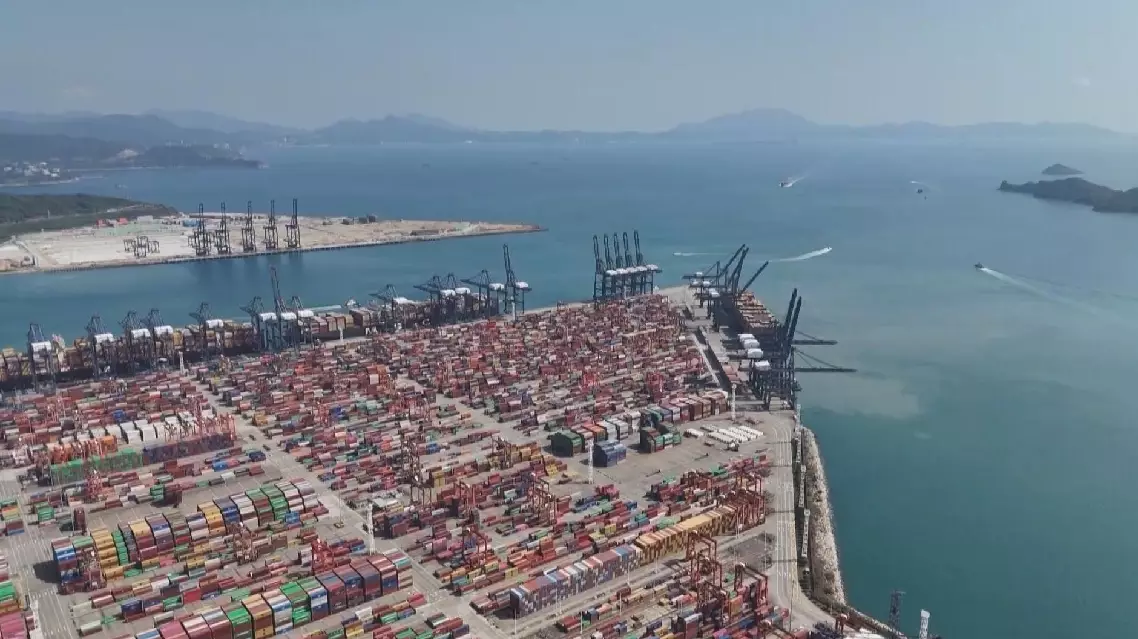
Chinese logistics enterprises ramp up shipments after China-US tariff adjustment






